|
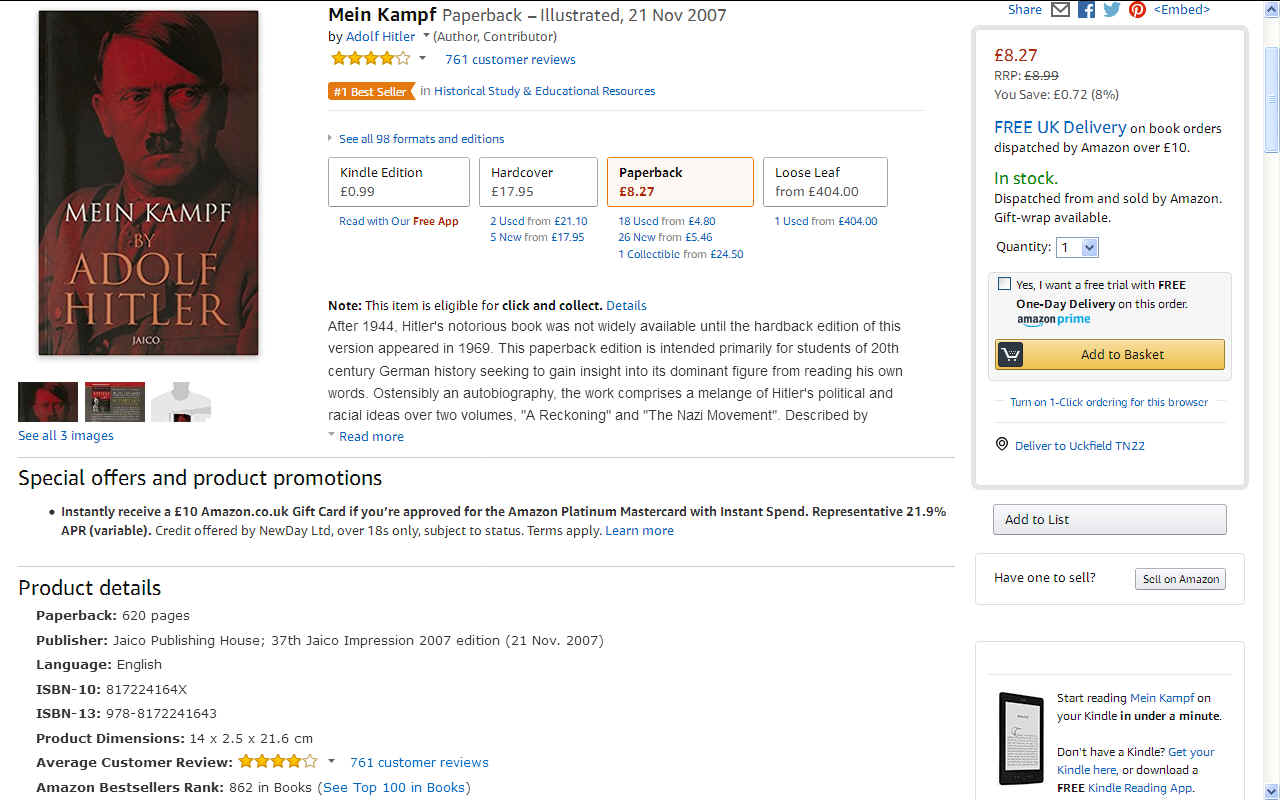
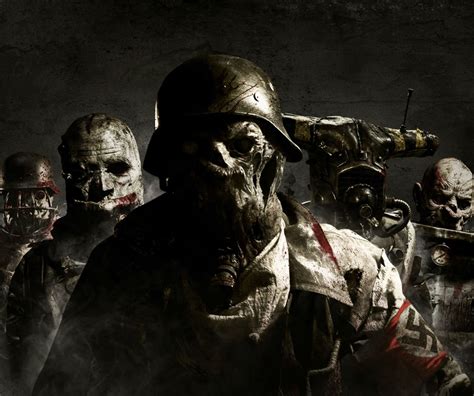

EQUAL
& OPPOSITES - For every action there is an equal and
opposite reaction. A basic law of physics and also a social
conundrum leading to rational elections in a democracy that
allows freedom of speech.
DAILY
MAIL DECEMBER 2015 - MEIN KAMPF BACK IN GERMAN BOOKSHOPS
Hitler's Mein Kampf which had been banned in Germany since the collapse of Nazism will hit the bookshelves again next year in the country he led to ruin.
Despite strong opposition from critics who say it will become a coveted symbol for neo-Nazis, My Struggle will be available from the middle of January 2016 after the expiry on December 31 of the copyright.
The publication was announced in Berlin on Tuesday by Prof. Andreas Wirsching and Dr Christian Hartmann of the Munich Institute for Contemporary History.
'We have to strip away the allure of this book and show the reality,' they said of the publication which will cost almost 40 pounds and will not be available online.
Mein Kampf is already widely available around the world but not in the country where Hitler wrote it in the 1920's and which made him rich. Filled with anti-Jewish, anti-Slavic slurs, it was the blueprint for his later wars of conquest across Europe and
the Holocaust.
The copyright passed to the state of Bavaria following his suicide in the Berlin bunker in April 1945, along with all his possessions. The new version of his autobiography and political viewpoint will be an annotated edition of the book which, during the 12 years the Nazis ruled Germany, was more popular than
the
Bible.
Institute deputy director Magnus Brechtken said the two-volume edition will contain 2,000 pages. Hitler's words will be dwarfed by comments from historians and academics, pointing out the absurdity of his statements and his politics.
'What we are publishing here is in fact an anti-Hitler text,' said Brechtken.
Israel is opposed to the reprinting of Mein Kampf under any conditions in Germany, and those troubled by the continuing allure of the far right to the young believe the book will become a must-have text for neo-Nazis, even though much of it will be critical of the author.
'I understand some immediately feel uncomfortable when a book that played such a dramatic role is made available again to the public. On the other hand, I think that this is also a useful way of communicating historical education and enlightenment – a publication with the appropriate comments, exactly to prevent these traumatic events from ever happening again,' added Brechtken.
But Florian Sepp, the library historian at the Bavarian State Library which keeps original copies of Mein Kampf said: 'This book is too dangerous for the general public.' The general public seems to agree; a majority polled last month by the YouGov Research Institute found 51 percent of respondents 'completely and utterly' against a new version hitting German bookstores.
Dieter Graumann, the former president of the Central Council of Jews in Germany, last year voiced his strong opposition to ever seeing the book republished in Germany.
'The very thought of a new publication of Hitler's 'Mein Kampf' is more than disgusting and goes against all my beliefs to fight neo-fascism and right-wing extremism,' he said.
'This book was and will remain a pure anti-Semitic work of irrational hatred that should be forbidden for evermore. It is an abhorrent pamphlet full of incitement of the Jewish people and it brutally hurts the feelings of the Shoa-survivors.'
By Allan Hall In Berlin For The Daily Mail
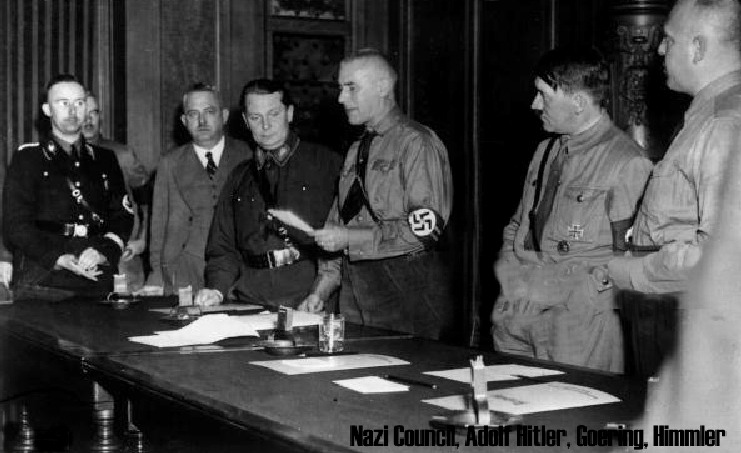
Mein Kampf (My Struggle) is a 1925 autobiographical book by Nazi Party leader Adolf Hitler. The work describes the process by which Hitler became antisemitic and outlines his political ideology and future plans for Germany. Volume 1 of Mein Kampf was published in 1925 and Volume 2 in 1926. The book was edited by Hitler's deputy Rudolf Hess.
Hitler began Mein Kampf while imprisoned for what he considered to be "political crimes" following his failed Putsch in Munich in November 1923. Although Hitler received many visitors initially, he soon devoted himself entirely to the book. As he continued, Hitler realized that it would have to be a two-volume work, with the first volume scheduled for release in early 1925. The governor of Landsberg noted at the time that "he [Hitler] hopes the book will run into many editions, thus enabling him to fulfill his financial obligations and to defray the expenses incurred at the time of his trial." The book was a bestseller in Germany during the 1930s.
After Hitler's death, copyright of Mein Kampf passed to the state government of Bavaria, which refused to allow any copying or printing of the book in Germany. In 2016, following the expiry of the copyright held by the Bavarian state government, Mein Kampf was republished in Germany for the first time since 1945, which prompted public debate and divided reactions from Jewish groups.
ANALYSIS
In Mein Kampf, Hitler used the main thesis of "the Jewish peril", which posits a Jewish conspiracy to gain world leadership. The narrative describes the process by which he became increasingly antisemitic and militaristic, especially during his years in Vienna. He speaks of not having met a Jew until he arrived in Vienna, and that at first his attitude was liberal and tolerant. When he first encountered the antisemitic press, he says, he dismissed it as unworthy of serious consideration. Later he accepted the same antisemitic views, which became crucial to his program of national reconstruction of Germany.
Mein Kampf has also been studied as a work on political theory. For example, Hitler announces his hatred of what he believed to be the world's two evils: Communism and Judaism.
During his work, Hitler blamed Germany's chief woes on the parliament of the Weimar Republic, the Jews, and Social Democrats, as well as Marxists, though he believed that Marxists, Social Democrats, and the parliament were all working for Jewish interests. He announced that he wanted to completely destroy the parliamentary system, believing it to be corrupt in principle, as those who reach power are inherent opportunists.
POPULARITY
Although Hitler originally wrote Mein Kampf mostly for the followers of National Socialism, it grew in popularity after he rose to power. (Two other books written by party members, Gottfried Feder's Breaking The Interest Slavery and Alfred Rosenberg's The Myth of the Twentieth Century, have since lapsed into comparative literary obscurity, and no translation of Feder's book from the original German is known.) Hitler had made about 1.2 million Reichsmarks from the income of the book by 1933, when the average annual income of a teacher was about 4,800 Marks. He accumulated a tax debt of 405,500 Reichsmark (very roughly in 2015 1.1 million GBP, 1.4 million EUR, 1.5 million USD) from the sale of about 240,000 copies before he became chancellor in 1933 (at which time his debt was waived).
Hitler began to distance himself from the book after becoming chancellor of Germany in 1933. He dismissed it as "fantasies behind bars" that were little more than a series of articles for the Völkischer Beobachter, and later told Hans Frank that "If I had had any idea in 1924 that I would have become Reich chancellor, I never would have written the book." Nevertheless, Mein Kampf was a bestseller in Germany during the 1930s. During Hitler's years in power, the book was in high demand in libraries and often reviewed and quoted in other publications. It was given free to every newlywed couple and every soldier fighting at the front. By 1939 it had sold 5.2 million copies in eleven languages. By the end of the war, about 10 million copies of the book had been sold or distributed in Germany.
CONTEMPORARY OBSERVATIONS
Mein Kampf, in essence, lays out the ideological program Hitler established for the German revolution, by identifying the Jews and "Bolsheviks" as racially and ideologically inferior and threatening, and "Aryans" and National Socialists as racially superior and politically progressive. Hitler's revolutionary goals included expulsion of the Jews from Greater Germany and the unification of German peoples into one Greater Germany. Hitler desired to restore German lands to their greatest historical extent, real or imagined.
Due to its racist content and the historical effect of Nazism upon Europe during World War II and the Holocaust, it is considered a highly controversial book. Criticism has not come solely from opponents of Nazism. Italian Fascist dictator and Nazi ally Benito Mussolini was also critical of the book, saying that it was "a boring tome that I have never been able to read" and remarked that Hitler's beliefs, as expressed in the book, were "little more than commonplace clichés".
The German journalist Konrad Heiden, an early critic of the Nazi Party, observed that the content of Mein Kampf is essentially a political argument with other members of the Nazi Party who had appeared to be Hitler's friends, but whom he was actually denouncing in the book's content – sometimes by not even including references to them.
The American literary theorist and philosopher Kenneth Burke wrote a 1939 rhetorical analysis of the work, The Rhetoric of Hitler's "Battle", which revealed an underlying message of aggressive intent.
American journalist John Gunther said in 1940 that compared to the autobiographies of Leon Trotsky or Henry Adams Mein Kampf was "vapid, vain, rhetorical, diffuse, prolix. But it is a powerful and moving book, the product of great passionate feeling". He suggested that the book exhausted curious German readers, but its "ceaseless repetition of the argument, left impregnably in their minds, fecund and germinating".
In March 1940, British writer George Orwell reviewed a then-recently published uncensored translation of Mein Kampf for The New English Weekly. Orwell suggested that the force of Hitler's personality shone through the often "clumsy" writing, capturing the magnetic allure of Hitler for many Germans. In essence, Orwell notes, Hitler offers only visions of endless struggle and conflict in the creation of "a horrible brainless empire" that "stretch[es] to Afghanistan or thereabouts". He wrote, "Whereas Socialism, and even capitalism in a more grudging way, have said to people 'I offer you a good time,' Hitler has said to them, 'I offer you struggle, danger, and death,' and as a result a whole nation flings itself at his feet." Orwell's review was written in the aftermath of the 1939 Molotov–Ribbentrop Pact, when Hitler made peace with Russia after more than a decade of vitriolic rhetoric and threats between the two nations; with the pact in place, Orwell believed, England was now facing a risk of Nazi attack and the UK must not underestimate the appeal of Hitler's ideas.
In his 1943 book The Menace of the Herd, Austrian scholar Erik von Kuehnelt-Leddihn described Hitler's ideas in Mein Kampf and elsewhere as "a veritable reductio ad absurdum of 'progressive' thought" and betraying "a curious lack of original thought" that shows Hitler offered no innovative or original ideas but was merely "a virtuoso of commonplaces which he may or may not repeat in the guise of a 'new discovery.'" Hitler's stated aim, Kuehnelt-Leddihn writes, is to quash individualism in furtherance of political goals:
When Hitler and Mussolini attack the "western democracies" they insinuate that their "democracy" is not genuine. National Socialism envisages abolishing the difference in wealth, education, intellect, taste, philosophy, and habits by a leveling process which necessitates in turn a total control over the child and the adolescent. Every personal attitude will be branded
- after communist pattern - as "bourgeois," and this in spite of the fact that the bourgeois is the representative of the most herdist class in the world, and that National Socialism is a basically bourgeois movement.
Hitler in Mein Kampf repeatedly speaks of the "masses" and the "herd" referring to the people. The German people should probably, in his view, remain a mass of identical "individuals" in an enormous sand heap or ant heap, identical even to the color of their shirts, the garment nearest to the body.
In his The Second World War, published in several volumes in the late 1940s and early 1950s,
Winston Churchill wrote that he felt that after Hitler's ascension to power, no other book than Mein Kampf deserved more intensive scrutiny.
PUBLICATION HISTORY
While Hitler was in power (1933–1945), Mein Kampf came to be available in three common editions. The first, the Volksausgabe or People's Edition, featured the original cover on the dust jacket and was navy blue underneath with a gold swastika eagle embossed on the cover. The Hochzeitsausgabe, or Wedding Edition, in a slipcase with the seal of the province embossed in gold onto a parchment-like cover was given free to marrying couples. In 1940, the Tornister-Ausgabe, or Knapsack Edition, was released. This edition was a compact, but unabridged, version in a red cover and was released by the post office, available to be sent to loved ones fighting at the front. These three editions combined both volumes into the same book.
A special edition was published in 1939 in honour of Hitler's 50th birthday. This edition was known as the Jubiläumsausgabe, or Anniversary Issue. It came in both dark blue and bright red boards with a gold sword on the cover. This work contained both volumes one and two. It was considered a deluxe version, relative to the smaller and more common Volksausgabe.
The book could also be purchased as a two-volume set during Hitler's rule, and was available in soft cover and hardcover. The soft cover edition contained the original cover (as pictured at the top of this article). The hardcover edition had a leather spine with cloth-covered boards. The cover and spine contained an image of three brown oak leaves.
CURRENT AVAILABILITY
At the time of his suicide, Hitler's official place of residence was in Munich, which led to his entire estate, including all rights to Mein Kampf, changing to the ownership of the state of Bavaria. The government of Bavaria, in agreement with the federal government of Germany, refused to allow any copying or printing of the book in Germany. It also opposed copying and printing in other countries, but with less success. As per German copyright law, the entire text entered the public domain on 1 January 2016, 70 years after the author's death.
Owning and buying the book in Germany is not an offence. Trading in old copies is lawful as well, unless it is done in such a fashion as to "promote hatred or war." In particular, the unmodified edition is not covered by §86 StGB that forbids dissemination of means of propaganda of unconstitutional organisations, since it is a "pre-constitutional work" and as such cannot be opposed to the free and democratic basic order, according to a 1979 decision of the Federal Court of Justice of Germany. Most German libraries carry heavily commented and excerpted versions of Mein Kampf. In 2008, Stephan Kramer, secretary-general of the Central Council of Jews in Germany, not only recommended lifting the ban, but volunteered the help of his organization in editing and annotating the text, saying that it is time for the book to be made available to all online.
REPUBLICATION IN GERMANY 2016
On 3 February 2010, the Institute of Contemporary History (IfZ) in Munich announced plans to republish an annotated version of the text, for educational purposes in schools and universities, in 2015, when the copyright currently held by the Bavarian state government expires (2016). The book had last been published in Germany in 1945. A group of German historians argued that a republication was necessary to get an authoritative annotated edition by the time the copyright runs out, which might open the way for
neo-Nazi groups to publish their own versions. "Once Bavaria's copyright expires, there is the danger of charlatans and neo-Nazis appropriating this infamous book for themselves," Wolfgang Heubisch said.
The Bavarian government opposed the plan, citing respect for victims of the Holocaust. Its Finance Ministry said that permits for reprints would not be issued, at home or abroad. This would also apply to a new annotated edition. The republished book might be banned as Nazi propaganda. Even after expiration of the copyright, the Bavarian government emphasised that "the dissemination of Nazi ideologies will remain prohibited in Germany and is punishable under the penal code".
On 12 December 2013 the Bavarian government cancelled its financial support for an annotated edition. The Institute of Contemporary History
in Munich, which is preparing the translation, announced that it intended to proceed with publication after the copyright expired. The IfZ scheduled an edition of Mein Kampf for release in 2016.
Richard Verber, vice-president of the Board of Deputies of British Jews, stated in 2015 that the board trusted the academic and educational value of republishing. “We would, of course, be very wary of any attempt to glorify Hitler or to belittle the Holocaust in any way,” Verber declared to The Observer. “But this is not that. I do understand how some Jewish groups could be upset and nervous, but it seems it is being done from a historical point of view and to put it in context.”
An annotated edition of Mein Kampf was published in Germany in January 2016 and sold out within hours on Amazon's German site. The book's publication led to public debate in Germany, and divided reactions from Jewish groups, with some supporting, and others opposing, the decision to publish. German officials had previously said they would limit public access to the text amid fears that its republication could stir neo-Nazi sentiment. Some bookstores stated that they would not stock the book. Dussmann, a Berlin bookstore, stated that one copy was available on the shelves in the history section, but that it would not be advertised and more copies would be available only on order. By January 2017, the German annotated edition had sold over 85,000 copies.
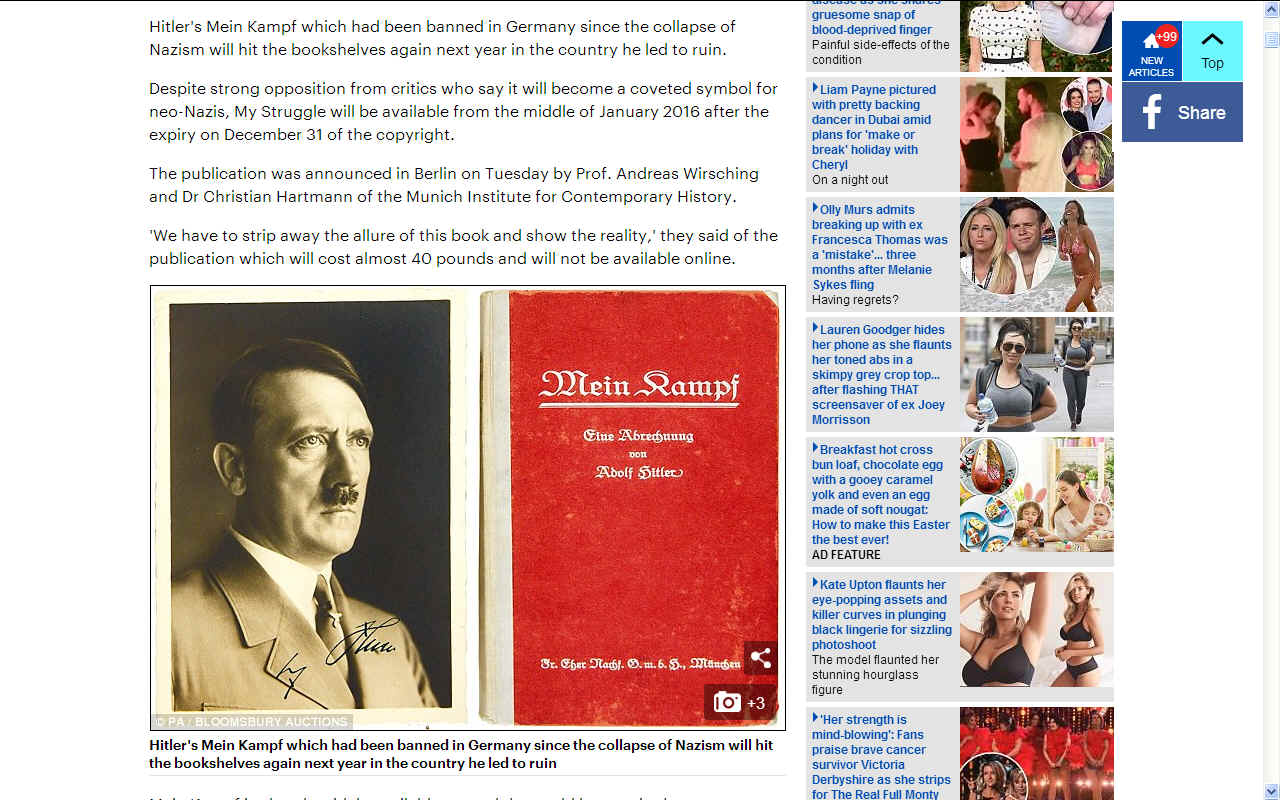
BBC
NEWS OCTOBER
2007 - CASHING IN ON CRIME MEMOIRS
In his "liberty" speech on Thursday, Gordon Brown took up the controversial issue of convicted criminals writing memoirs.
"No-one wants to see criminals profiting from publishing books about their crimes," the
prime minister said.
"At the same time", he said, the press must be free to "investigate and report".
Recently, the debate raised its head when OJ Simpson tried to bring out a "hypothetical" crime memoir entitled "If I did it".
The ex-US football star gained international notoriety in 1995 when he was tried and acquitted of murdering his ex-wife and her friend.
Such was the furore over his recent book that its vilified publisher, Judith Regan, issued an eight-page statement explaining her actions.
She did it, she said, because she had been a victim of domestic violence herself and considered the book to be his confession, something she and others wanted to hear.
She also said she thought Simpson's profits would go to his children.
In fact, the rights to the book have now been awarded to the relatives of Ronald Goldman whom Simpson was acquitted of killing. If it is released they will receive the profits.
Ms Regan said: "'To publish' does not mean 'to endorse', it means 'to make public'.
"If you doubt that, ask the mainstream publishers who keep Adolf Hitler's Mein Kampf in print to this day... There is historical value in such work... for anyone who wants to gain insight into the mind of a sociopath."
Drug smuggler-turned-author Howard Marks takes a similar stance.
"We'd have to rule out the Bible, wouldn't we, for example, because a lot of that was written by St John in prison. Also Oscar Wilde, we wouldn't be able to read him," Marks has said.
'MORAL QUESTIONS'
From a publisher's point of view, the issue is a thorny one - and the idea of providing "an insight" appears to be key.
Ex-London gangster Frankie Fraser has written several books about his life and crimes, a number of them published by Virgin Books.
Sarah Flint, from Virgin Books, said: "It's my personal opinion, but I think it depends very much on the intention of the publication.
"If you were seeking to glorify crime and sensationalise it just for profit then it would obviously raise moral questions.
"But if the debt to society has been paid and the book puts the crime in the context of the person's life, how they were brought up, their environment, how all that led to the situation they got into, then I think that says something important about society.
"And at a time when we've got such high levels of crime, asking questions about how criminals are made must be important.
"Publishers take these decisions very seriously and no-one wants to cause more grief and pain, but you shouldn't be stopped from publishing something just because people don't want to hear it."
Former criminal Eric Allison, who is now the Guardian newspaper's prison correspondent, said: "I'm totally against any kind of censorship. Surely the public are the best people to judge whether they want to read it.
"I was in prison with Frank. He was a bad man just like I was, but there are two sides to every story. He suffered tremendously in prison and has a real insight into what life's like there.
"What would people prefer? That he carried on being a gangster or he said 'No, I can make a living writing about it.'"
'INSULT TO INJURY'
But can these books ever be separated from the grief and pain caused by the crimes that inspired them?
Rose Dixon, from campaign group Support After Murder and Manslaughter, believes they can only add "insult to a very traumatic injury".
And Norman Brennan, from the Victims of Crime Trust, goes further: "The British public is sick and tired of seeing criminals profiting from their crimes and enjoying their ill-gotten gains.
"There is some provision in law already to seize criminals' assets, but it is incredibly difficult for members of the public to use. It's time the government took real action and made it a lot easier."
There was widespread outrage in 2004 when it was reported that Maxine Carr was planning to write a book about her connection to the Soham murders.
And when child-killer Mary Bell was paid £50,000 for her contribution to a book about her crime, the mother of one of her victims said she was "absolutely devastated".
June Richardson, whose son Martin Brown was killed by Bell, branded the publication "totally disgusting".
In her words, Bell was simply "making money out of my dead son".
NEWSPAPERS AND TV
In his speech, Mr Brown said he wanted to see the creation of "civil orders" giving the public the right to recover profits which could be "constituted as benefits of crime".
But Ms Dixon asked: "Would families get legal aid to do this? I doubt it.
"And it's all very well saying, 'Let them publish it and then get the money back', but to many families it's blood money and they want nothing to do with it."
Mr Brown's suggestion appears to be something of a half-way house between a number of possible legal options.
At one extreme is to effectively ban books by criminals by making it illegal for anyone to pay them.
The standard response to this option, as given in 2004 by then Home Secretary David Blunkett, is that they would simply sell their stories to newspapers and TV channels instead.
At the opposite end of the legal spectrum, the government has considered extending the self-regulatory code currently governing newspapers to publishers as well.
The Press Complaints Commission code says payments must not be made for stories which seek to exploit, glorify or glamorise crime, and exceptions can only be made where there is a demonstrable public interest.
This was invoked by the Daily
Mirror, for example, when it paid Norfolk farmer Tony Martin for his story after he was convicted of killing a burglar.
The Conservatives, meanwhile, have suggested amending the Proceeds of Crime Act 2002 to enable the attorney general himself to apply to a court for proceeds from a book or article to be confiscated.
But writers like Marks say cutting off the oxygen of publicity would leave ex-convicts without any way to make ends meet.
"I'm not quite sure what on earth they expect someone who comes out of prison to do as a career," Marks has said.
"At least writing is available now."
|
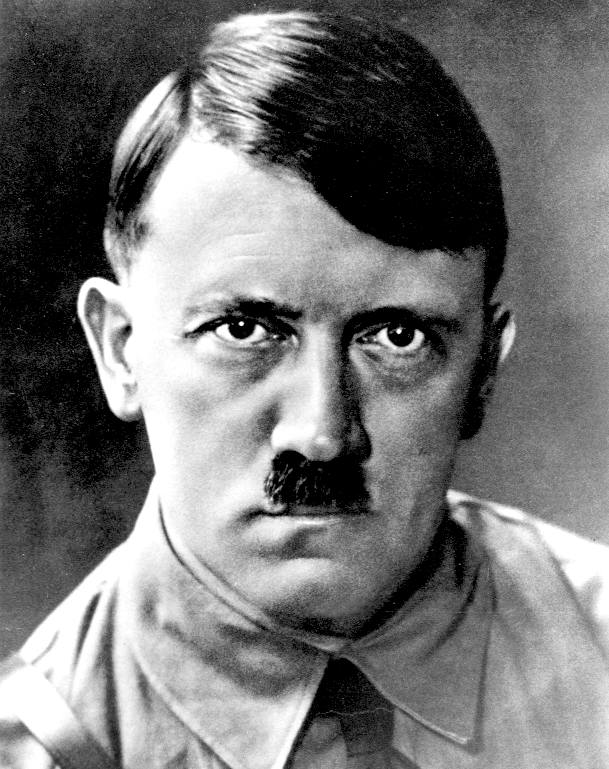
Adolf
Hitler
German
Chancellor
|
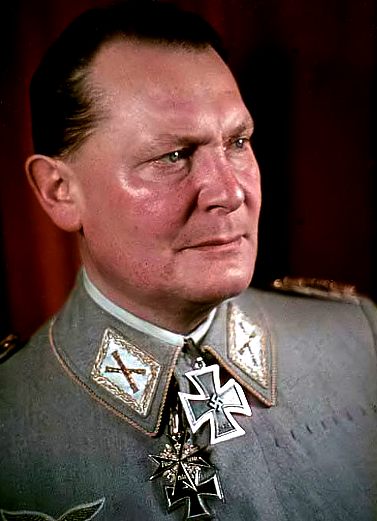
Herman
Goring
Reichsmarschall
Luftwaffe
|
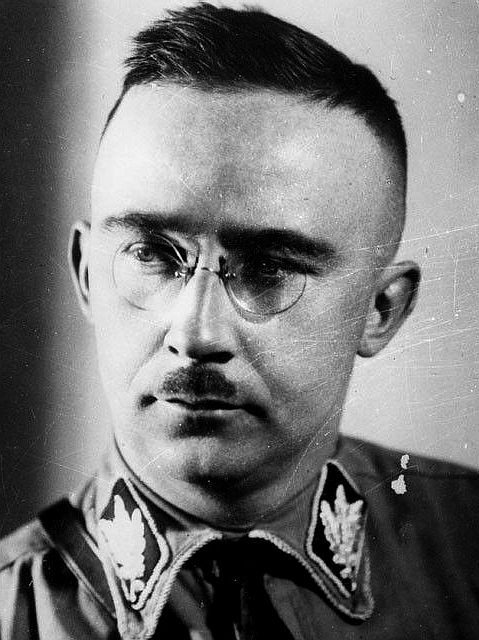
Heinrich
Himmler
Reichsführer Schutzstaffel
|
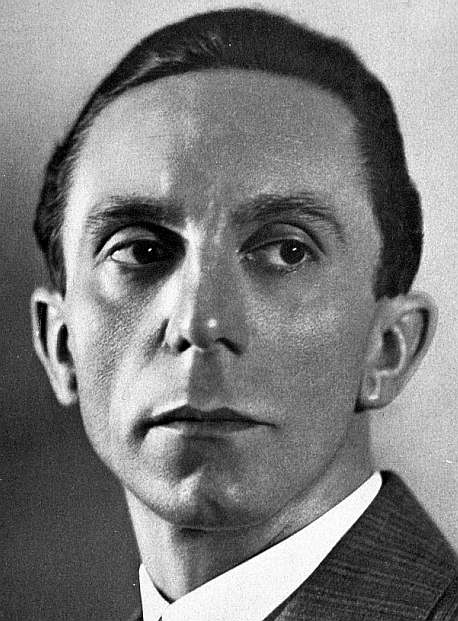
Joseph
Goebbels
Reich Minister Propaganda
|
|
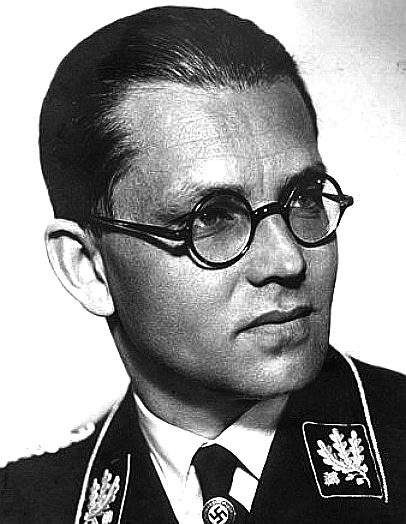
Philipp
Bouhler SS
NSDAP
Aktion T4
|
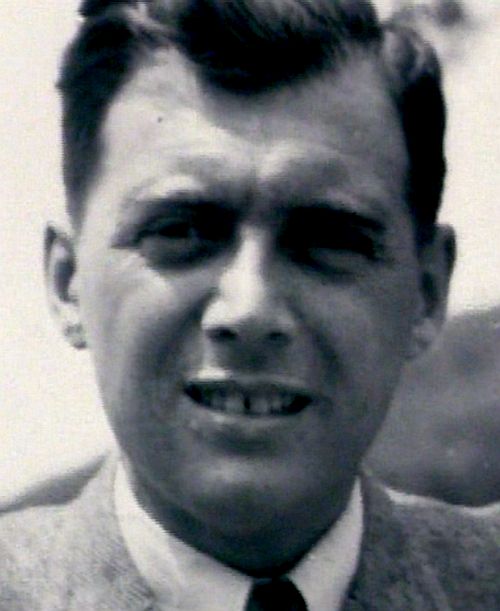
Dr
Josef Mengele
Physician
Auschwitz
|
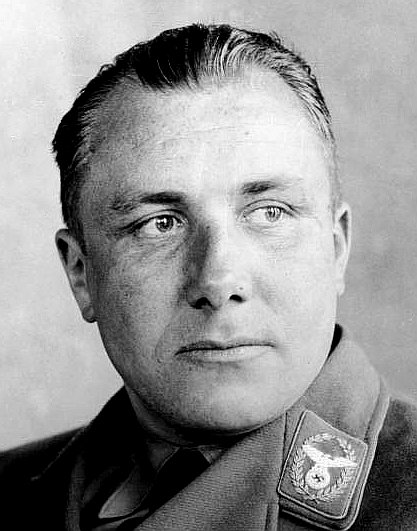
Martin
Borman
Schutzstaffel
|
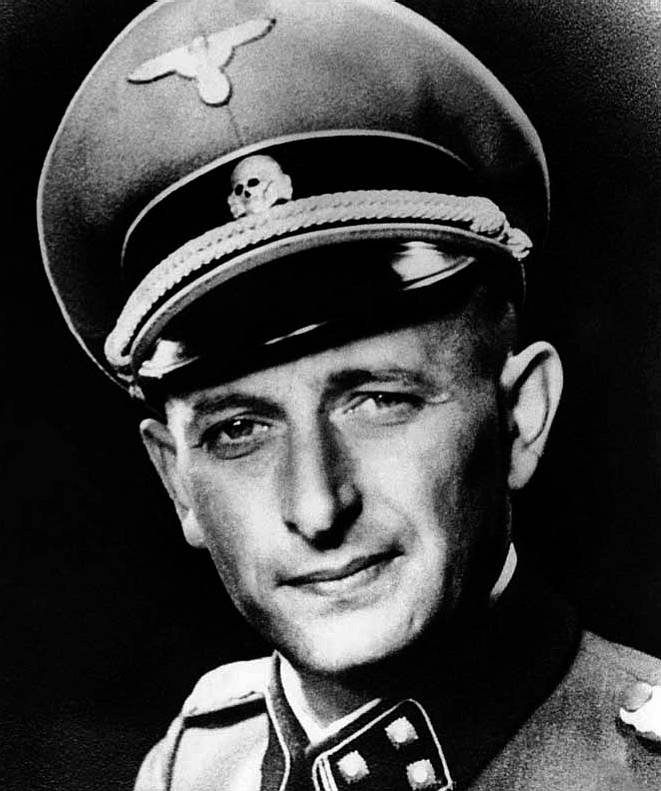
Adolph
Eichmann
Holocaust
Architect
|
|
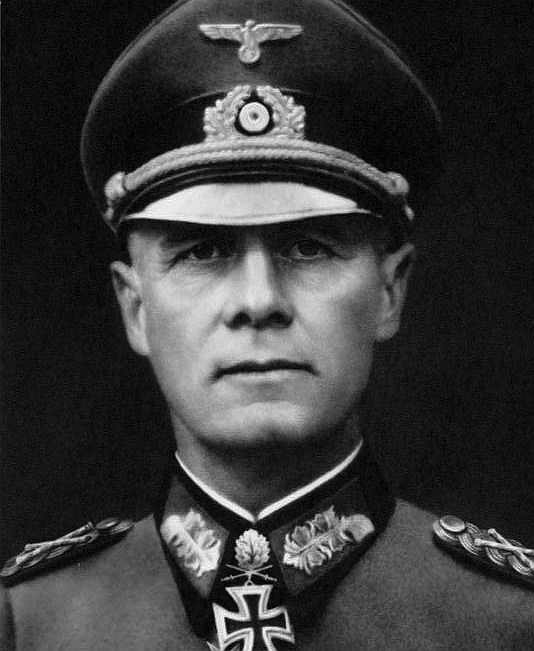
Erwin
Rommel
The
Desert Fox
|
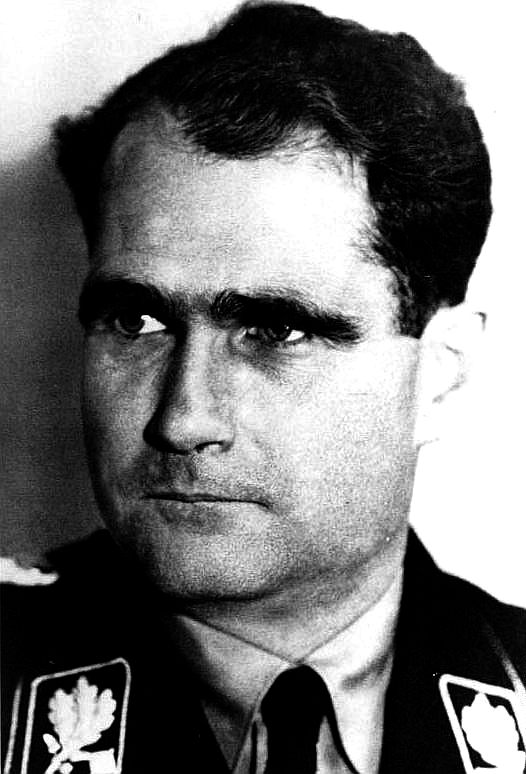
Rudolf
Hess
Auschwitz
Commandant
|
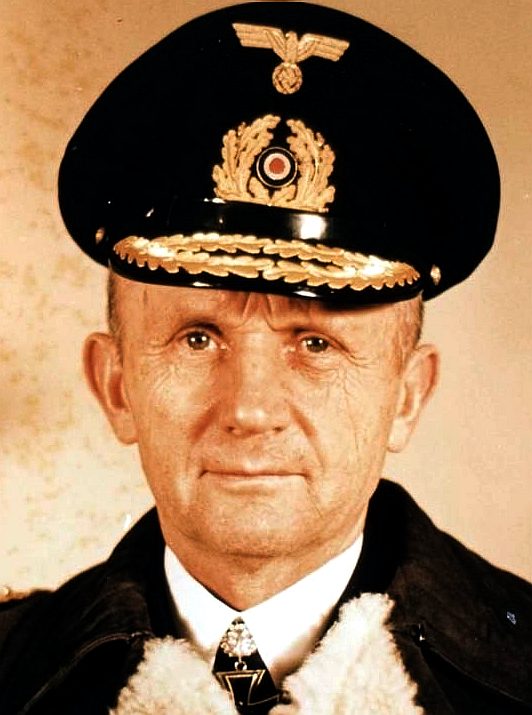
Karl
Donitz
Submarine
Commander
|
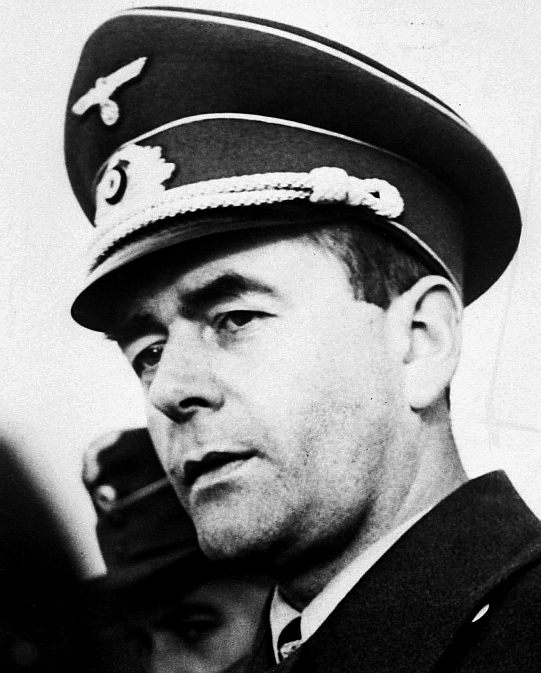
Albert
Speer
Nazi
Architect
|
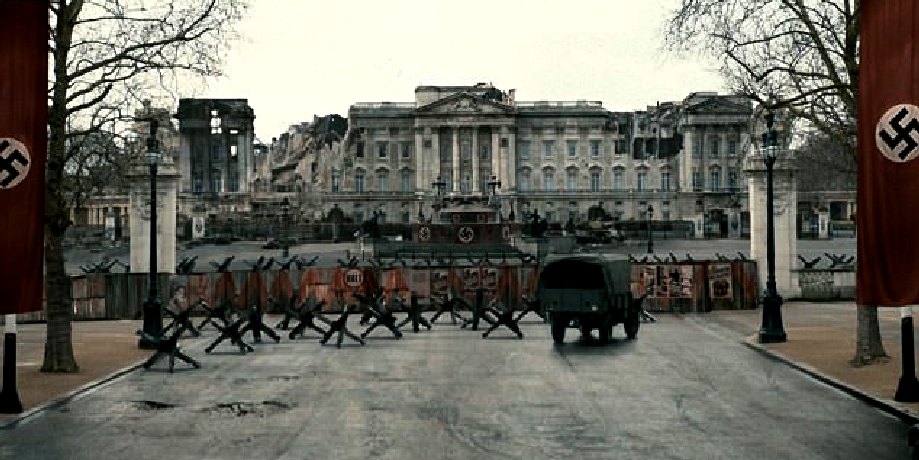
PROTEST
- The right to peaceful protect is enshrined in our constitution
via Articles 9 and 10. What is not allowed is incitement to
racial hatred. It is hardly surprising where councils pursue
what amounts to eugenics
agendas in secret sessions, that African, Asians, Irish, Polish
and other nationalities feel that in Britain men and women are
not created equal. Why? Because although we are all human
beings, financial and other status discriminations are rife.
A
- Z OF NAZI GERMANY

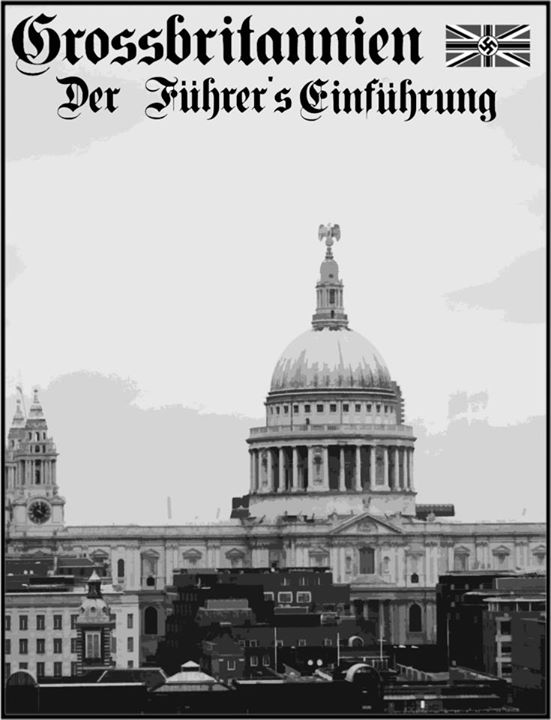
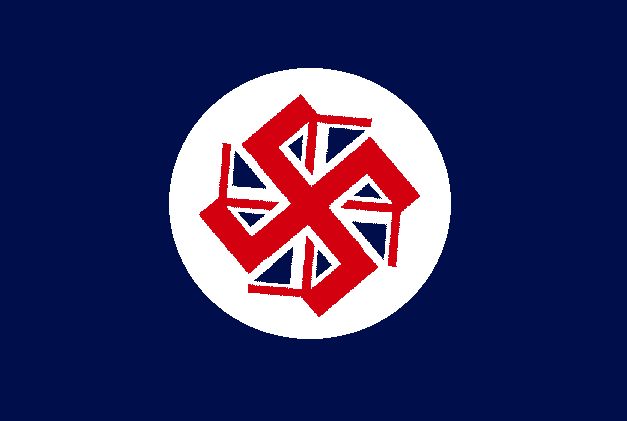
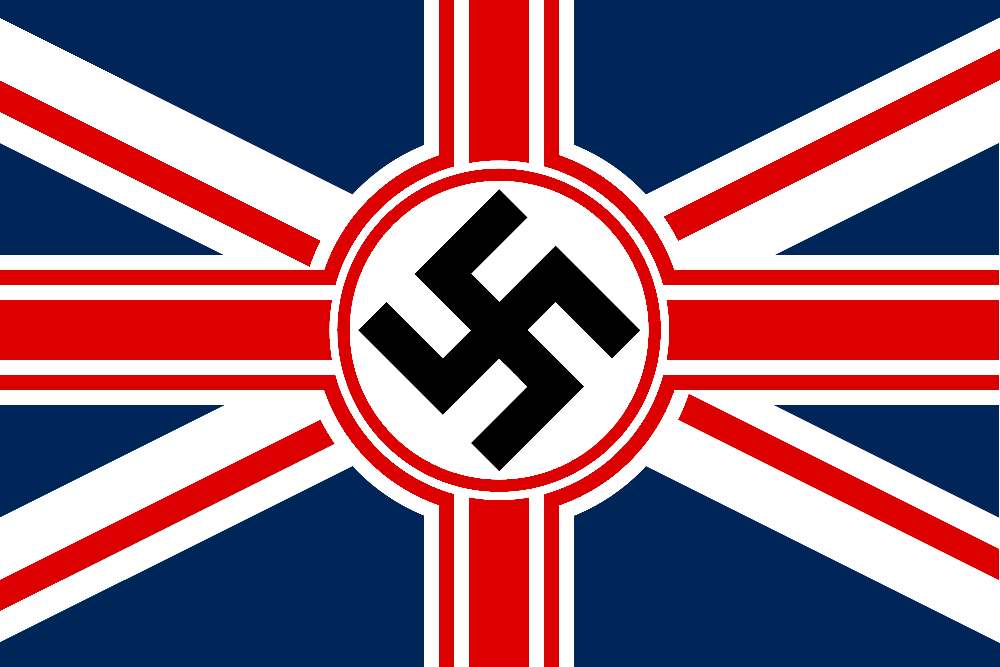
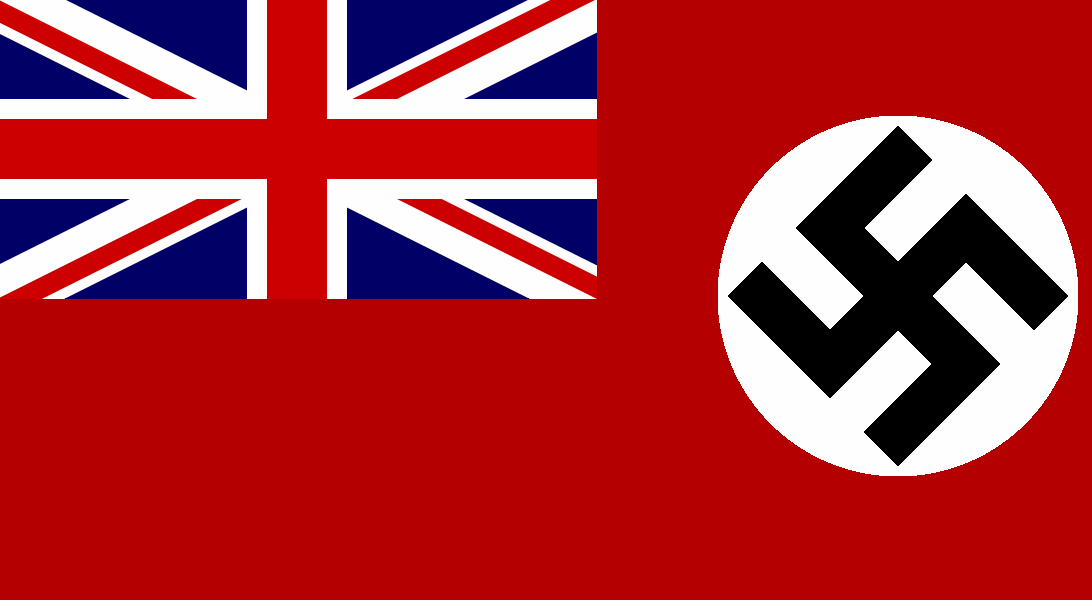
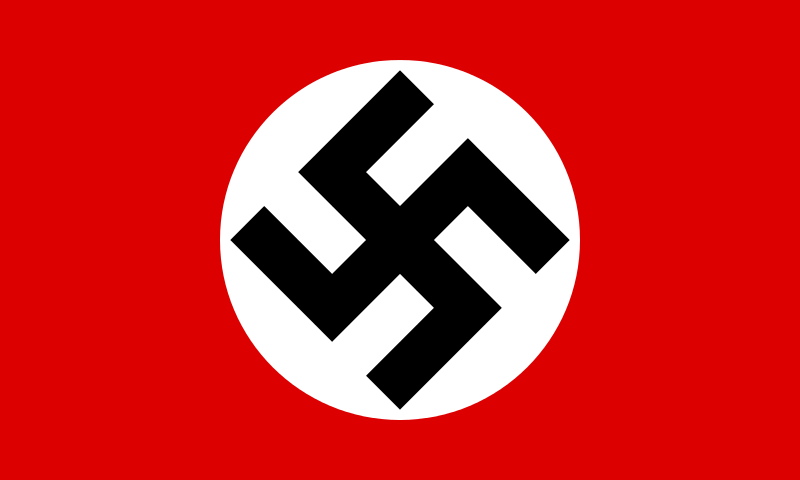
Good,
bad & evil A-Z
of humanity HOME
|






















